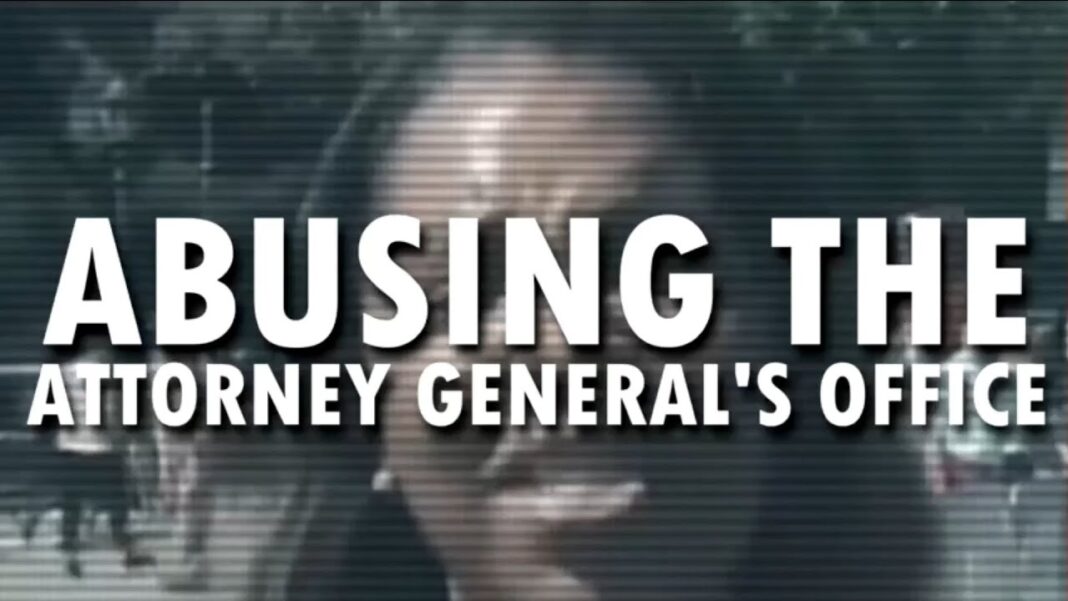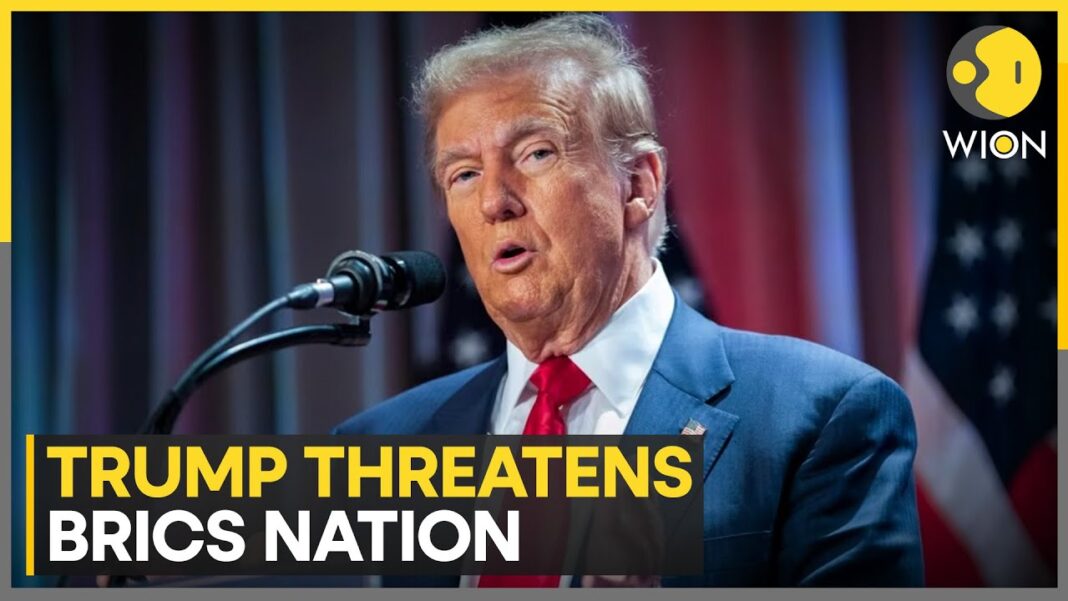Thomas Jefferson won the presidency in 1800 in an upset election over incumbent John Adams that upended the financial and political establishment. He immediately repealed the Alien and Sedition Acts that stood in violation of the First Amendment and embarked on a political journey to entrench the Jeffersonian vision of limited government and freedom for all.
In the midst of this, there were some serious challenges, starting with the controversy over the Barbary pirates, which caused Jefferson to temporarily set aside his non-interventionist principles. Then came the issue of the Louisiana Purchase, which went much more smoothly than anyone had anticipated. There was also the problem of the federal budget, which was still in deep debt from the war.
Congress had allocated a substantial sum for gunboats and armaments, but by 1803, Jefferson was ready for a normal peace. He declined to spend the money that Congress had legislated because it was inconsistent with his administration’s policy priorities. He told Congress in his State of the Union message:
“The sum of fifty thousand Dollars, appropriated by Congress for providing gunboats, remains unexpended. The favorable & peaceable turn of affairs, on the Mississippi, rendered an immediate execution of that law unnecessary; & time was desirable, in order that the institution of that branch of our force might begin on models the most approved by experience. The same issue of events dispensed with a resort to the appropriation of a million & a half of dollars, contemplated for purposes which were effected by happier means.”
In other words, from Jefferson’s point of view, it’s fine for Congress to appropriate money but the spending of it by the executive branch is ultimately at the discretion of the president. No one really questioned this. He was behaving as the president.
As the chief executive, what happens under the executive branch is ultimately the responsibility of the president elected by the people. Congress can authorize spending, but it is ultimately up to the president whether and to what extent the checks are actually written. This is because it is he who bears final responsibility.







